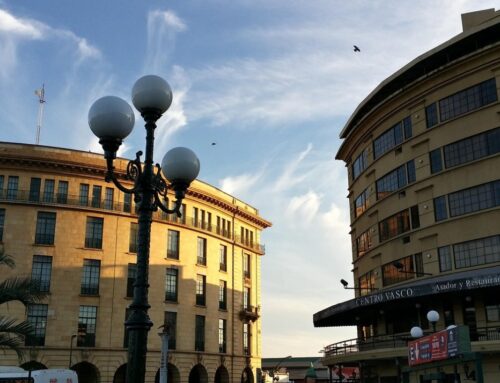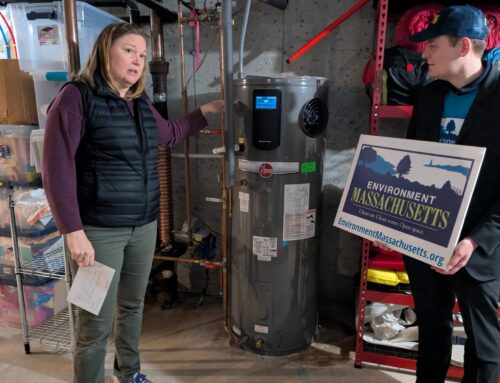Your Environment Shapes You
November 25, 2025
Earlier this month I was in Los Angeles with a long-time business associate and her husband. She is a non-Jewish businesswoman from Australia considering a new venture that would require her to move to the United States with their two teenage daughters. On paper, the opportunity looked ideal. But when I asked, “Have you thought about what it would mean for your daughters to attend college in the U.S.?” they paused.
They hadn’t. The decision was about business, not culture. Yet once we unpacked what college life in America actually looks like, especially at secular liberal arts colleges, it became clear that the world they were considering was far different from the one they knew.
In Australia, university is academic, largely commuter-based, and campus culture is minimal. In the United States, college is a full ecosystem that does more than educate. It shapes and often indoctrinates. Professors once taught students how to think. Now many teach them what to think.
Professors once taught students how to think. Now many teach them what to think.
Today’s campuses do not simply lean left. They often operate as ideological monocultures. Ideas once debated are now declared. Traditions, religious values, and objective morality are treated not as foundations to explore, but as relics to discard.
Education is not just about information. It is about formation. And formation happens through culture, community, and context. My friend was not only choosing a country. She was choosing an environment.
Behavioral science shows how powerfully environment shapes us. Who exercises, overspends, smokes, or shows up for family is often less about conviction than we like to believe. We are social creatures. If your friends go to the gym, you are more likely to go. If your colleagues drink heavily or live beyond their means, you may drift with them. A 2017 study from Kellogg at Northwestern University found that sitting within 25 feet of a high performer boosts a coworker’s performance by 15 percent. Negative colleagues spread their influence even faster. Environment trains us quietly. We are, whether we like it or not, contagious.
The Torah describes two dreams of Jacob. The first, in the Land of Israel, is a vision of a ladder reaching heaven with angels ascending and descending. The second, in exile, features speckled sheep. The contrast is stark. In the Holy Land he dreams of spiritual ascent. In exile, he dreams of financial success. These are not just dreams; they are mirrors. Even Jacob is shaped by his surroundings.
Our environment shapes us more than we care to admit.
While in Los Angeles, the wheel on my suitcase broke, so I stopped at a department store. It was early November, yet Christmas music already played on a loop. Tinsel covered every surface. Days later, back in Israel, the contrast was immediate. Stores were filled with sufganiyot (donuts) for Hanukkah. Menorahs lined the windows. The very air felt Jewish. In Israel, the rhythm of Jewish life does not need to be carved out. It surrounds you.
That, to me, is one of the greatest blessings of living here. It is not only the presence of fellow Jews or the Hebrew signage. It is the quiet sense that the environment supports the life you want to live.
My Australian friend is now asking better questions. Not just “Where is the opportunity?” but “Who will my children become in that place? What will they absorb? What might they lose?” Whether we live in Sydney, New York, Los Angeles, or Jerusalem, we are all shaped, in ways large and small, by the places we call home.
This is why one year ago we made Aliyah and moved to Israel.
Search
RECENT PRESS RELEASES
Related Post




